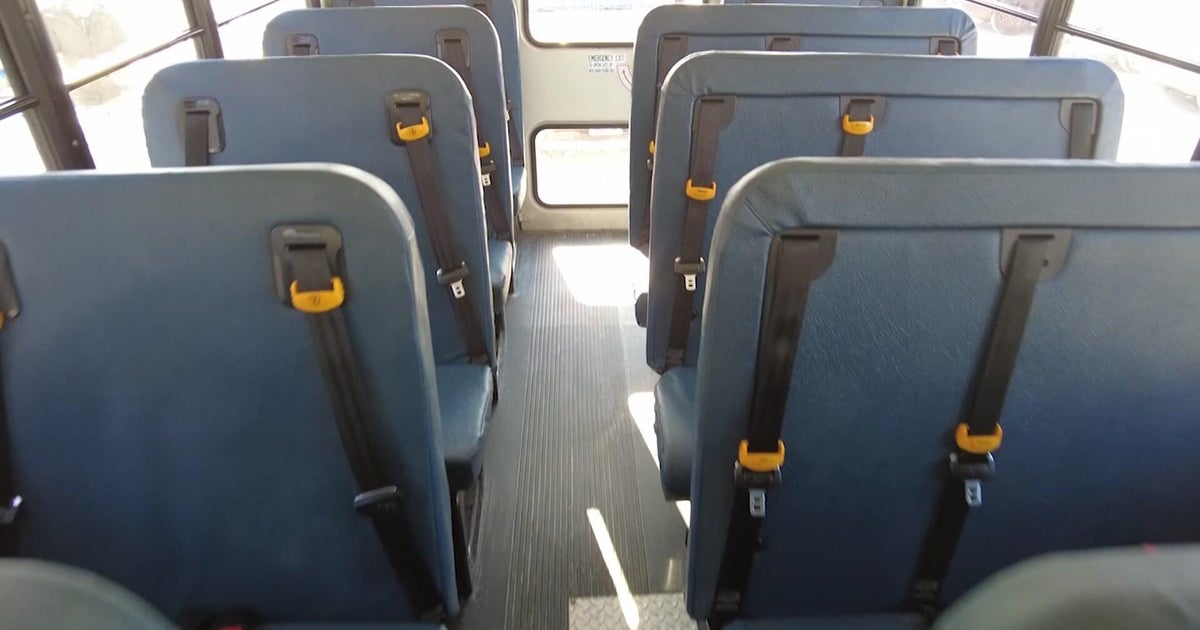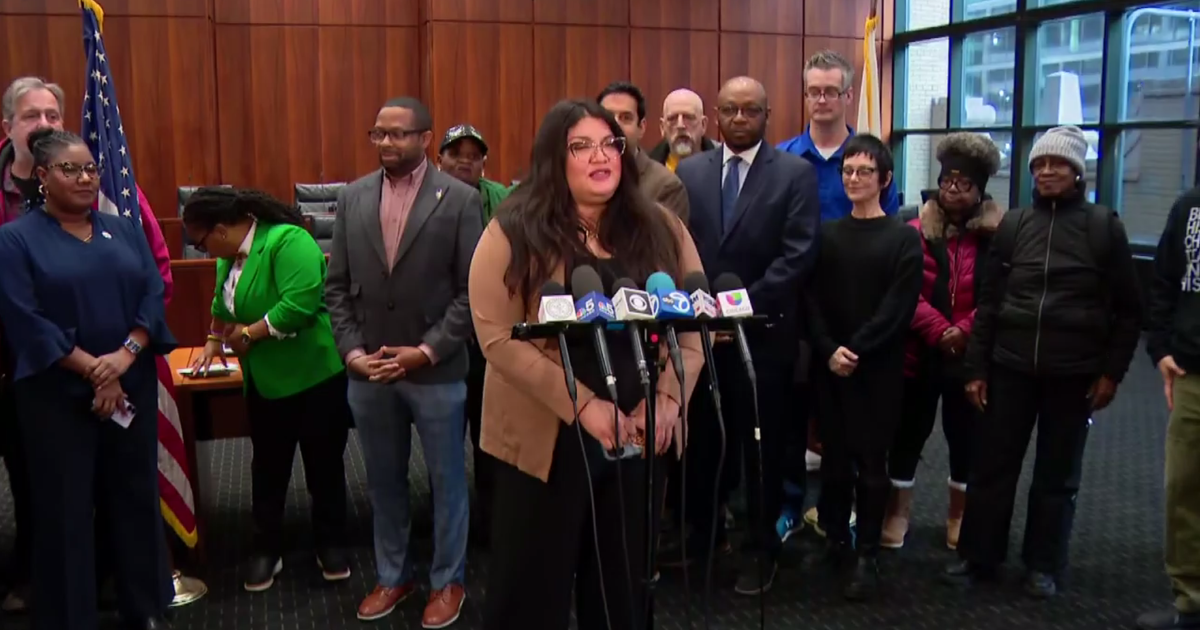O'Malley Lobbies Lawmakers For Offshore Wind
ANNAPOLIS, Md. (AP) -- Maryland's governor lobbied lawmakers personally Tuesday for one of the key pieces of his environmental agenda, a reworked offshore wind power bill modeled on a New Jersey law.
The bill follows one that was killed the year before by lawmakers over concerns about costs. That bill would have mandated utilities enter long-term contracts with offshore wind power producers. The current bill establishes requirements for offshore wind power production, but does not require mandatory contracts.
Gov. Martin O'Malley still faced lengthy questioning about how much it would cost utility customers. O'Malley told members of the Senate Finance Committee the bill did require the state to "make a couple of bets."
"If you believe climate change is real and the cost of fossil fuels is going to go up, this is a smart hedge," O'Malley said.
If not, the public is protected in the bill, O'Malley said.
Those safeguards will ensure the average residential customer won't see their bill increase more than $2 a month and commercial customers won't see their bills increase more than 2.5 percent.
And the governor noted the health benefits of cleaner wind energy and potential savings from transmission grid congestion charges on imported out-of-state electricity if the wind power is coupled with an offshore transmission backbone. That could mean the overall cost could be lower than $2 a month for residential consumers, the governor said, noting the average residential bill contains about $4 a month in congestion fees.
Mark McDougall, senior vice president for external affairs at the Southern Maryland Electric Cooperative, which serves 150,000 customers in four southern Maryland counties, said safeguards in the bill that limit power costs to $200 a megawatt would mean an increase of $6.50 a month for SMECO customers. MacDougall said he was concerned whether the caps would function as supporters say they will.
SMECO spokesman Tom Dennison told the committee that the utility believes the bill will siphon resources away from its investments in other renewable energy technologies.
O'Malley told the lawmakers the state could not reach its renewable energy goals of 20 percent of all energy use by 2022 without offshore wind energy.
Sen. Allan Kittleman later asked three officials in O'Malley's administration whether the state had set the standard too high.
"Why, if we know it's going to cost so much, why can't we just scale this back and say it's going to be 15 percent?" Kittleman said.
By being an early adopter of the technology, Maryland could be in a position to develop suppliers and manufacturing companies in the state, said Malcolm Woolf, the head of the Maryland Energy Administration. He noted the state currently gets nearly 40 percent of its electricity from out of state.
Woolf said he would "rather have the fuel diversity on our grid, the jobs on our grid and the tax base here."
Public Service Commission Chairman Doug Nazarian later appeared before the committee, testifying that the bill does not contain costs caps, but calls for projections on the eventual cost of wind power. If a project can make it through the disqualification process, Nazarian said he felt it would get built.
(Copyright 2012 by The Associated Press. All Rights Reserved.)







